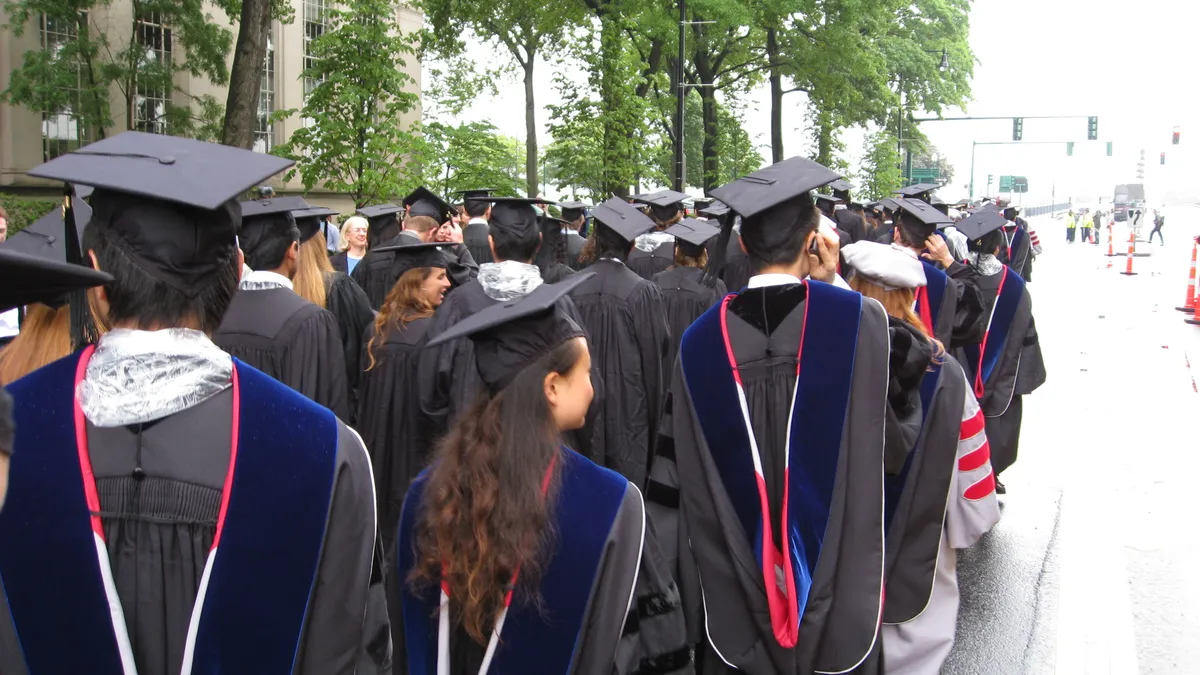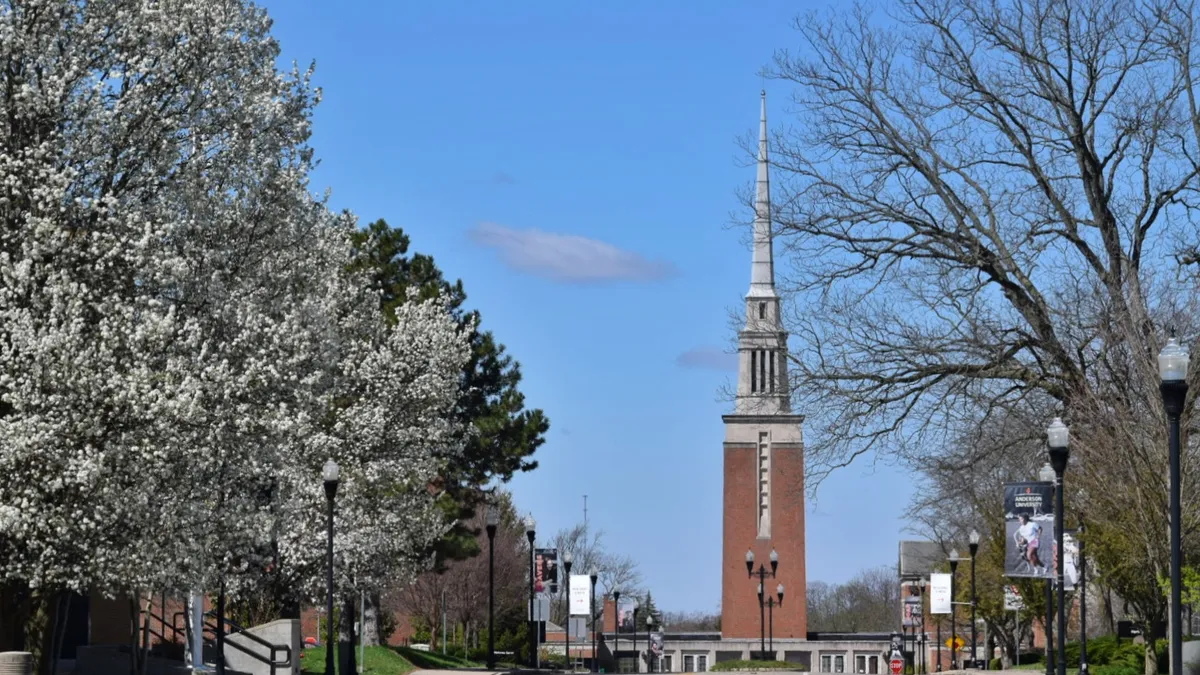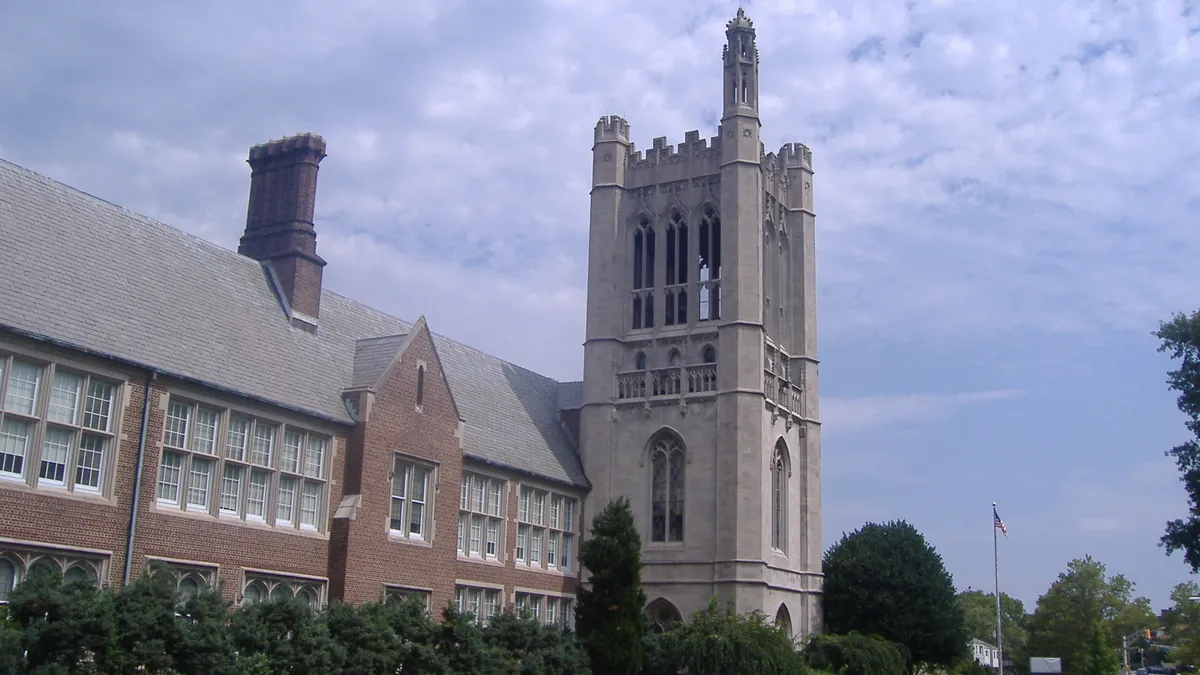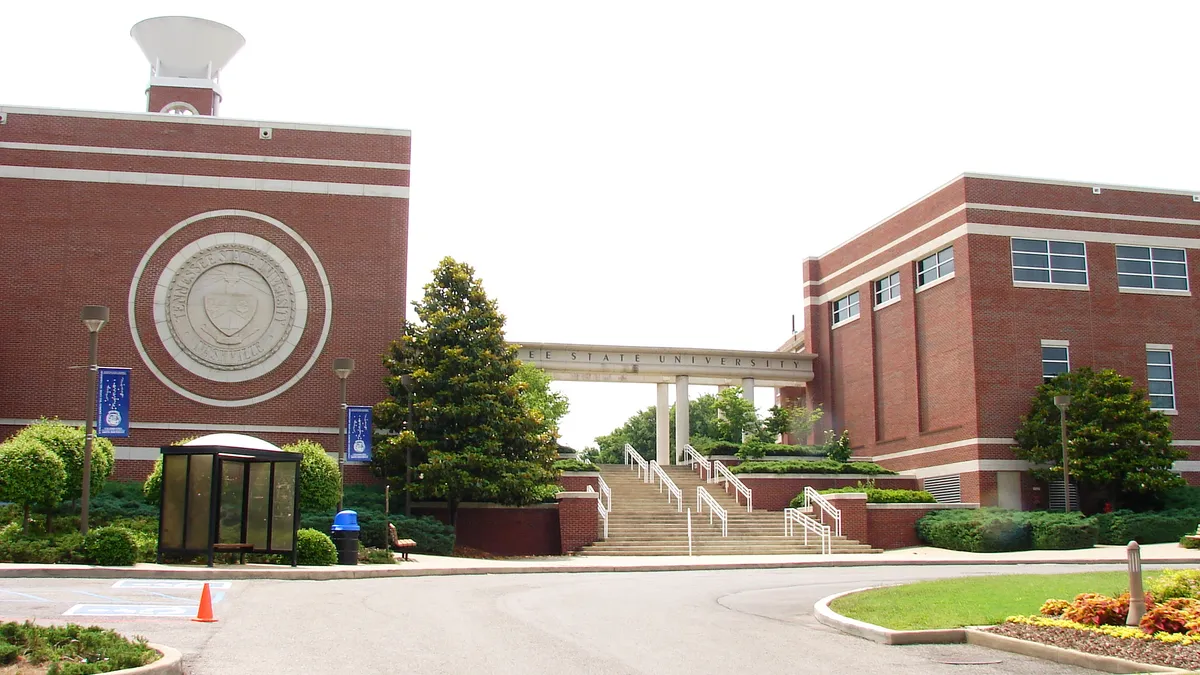Daniel Sparks is a doctoral student in economics and education at Columbia University and a senior research assistant at the Community College Research Center at Teachers College.
A number of recent op-eds argue that doctoral students stand to gain both within and outside of academia by thinking and acting more entrepreneurially. Ph.D. student malaise resulting from academic burnout or financial or work-related stress can in part be quelled by thinking of yourself as an entrepreneur — or so the argument goes.
A recent iteration of this argument, as written by Tulane University professor Ilana Horwitz, uses market logic to highlight how and why Ph.D. students should position themselves as entrepreneurs rather than academics. If we are to take that advice, we, as Ph.D. students, should treat our scholarly ideas as business investments, select research topics on the basis of anticipated demand, and build persistence through inevitable sequences of academic failure.
The biggest issue with encouraging doctoral students to behave like entrepreneurs is straightforward: The vast majority of Ph.D. students want to go into academia, not entrepreneurship. In fact, many doctoral students chose to go back to school to avoid having to hone labor-market skills that are more frequently associated with for-profit industries. I include myself in this bucket.
When I began as a doctoral student in the economics and education program at Teachers College, Columbia University, a few years ago, I was excited at the thought of putting my time and energy into coursework and scholarly research that genuinely reflect my interests. Nevertheless, as I progress through my doctoral program, I am increasingly encouraged to build my brand and develop key selling points. It seems that personal websites and a social media presence are almost as important in procuring a coveted tenure-track job as producing original and quality research.
The problem is not that entrepreneurial skills and qualities like fundraising and risk-taking are inherently bad, but rather that the argument encouraging doctoral students to be more like entrepreneurs ignores serious structural issues with the academic job market. I don't doubt that responding to market needs, cultivating resilience and writing for a variety of audiences will increase my chances of becoming a tenured professor. Even so, the odds aren't in my favor, and touting a more refined academic and personal brand as a solution to improving the doctoral experience and student outcomes seems out of touch with the reality that Ph.D. students face.
Instead of convincing students that entrepreneurialism is the key to success, college faculty and administrators should actively acknowledge the state of the academic job market, identify its root causes, and promote efforts that would ease Ph.D. students' transition into more stable academic careers. For instance, the shift away from tenure-track professors as the primary source of instructional labor in higher education over the last 30 years is well documented: Less than 40 percent of college courses are taught by tenure-track professors, and contingent faculty make up the overwhelming majority of college faculty across the country. Moreover, colleges and universities play an essential role in controlling the supply of doctoral students, which dictates stipend amounts while in school and academic job prospects after graduation. Deliberate cost-cutting measures and a lack of coordination among universities to control the supply of Ph.D.s awarded have helped to create what Kevin Carey calls "adjunctopia," an apt description for an academic job market that rewards fewer and fewer doctoral students with tenure-track positions.
Doctoral students increasingly work as contingent faculty, accepting lower pay and fewer benefits compared to their tenure-track counterparts and often taking on several jobs across different colleges and industries. Upon graduating, Ph.D. students may indeed be forced into entrepreneurialism, but for most it is not their choice. In many cases, Ph.D. students abandon their hopes of an academic career altogether and instead opt for the private sector, which now employs roughly the same percentage of Ph.D. graduates as education institutions.
In the absence of policy changes that limit the supply of doctoral students, increase the percentage of courses taught by tenure-track faculty, or both, the academic job market will continue to function only for the select few in top programs and in certain fields. Much as Adrianna Kezar and co-authors argue in their book, "The Gig Academy," higher entrepreneurial expectations will continue to be placed on doctoral students under false pretenses. Side hustles such as consulting, freelancing or other temporary work may put up a facade of entrepreneurial spirit, but in fact reflect the economic necessity when no clear academic path presents itself.
Despite the odds, I maintain hope that I can one day land a tenure-track job and pursue my interests in teaching and research. With three or four years to go before I enter the academic job market, I'm told now is a critical time to begin developing my brand and positioning myself in what will surely be a competitive market. Still, for the time being, I prefer to be the best student and scholar I can be rather than the best entrepreneur I can be. By shifting the attention away from entrepreneurialism and toward changes that departments and colleges can make to improve doctoral student outcomes, maybe I can help create a job market that won't be as bad when my time finally comes.
























